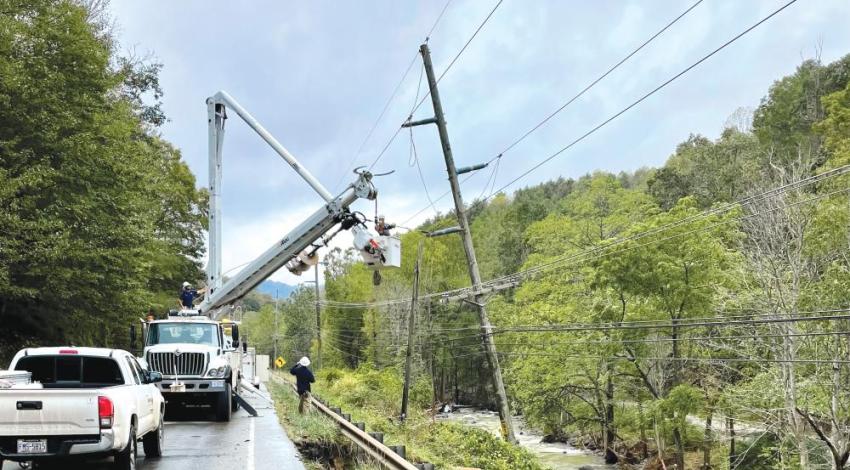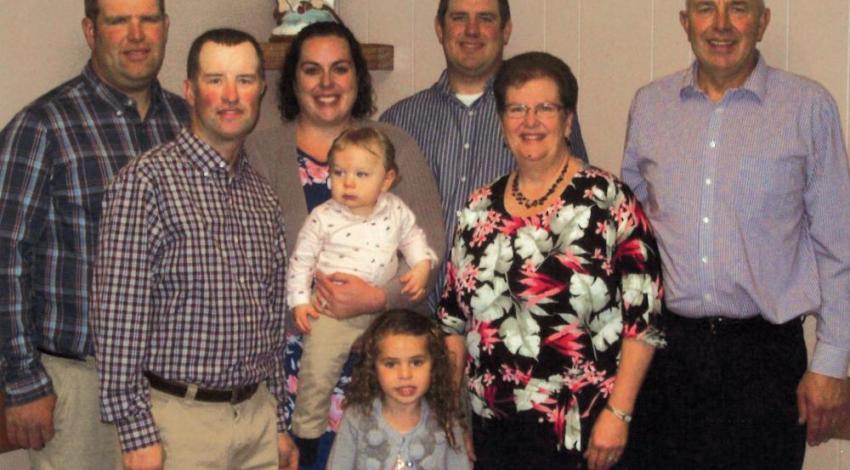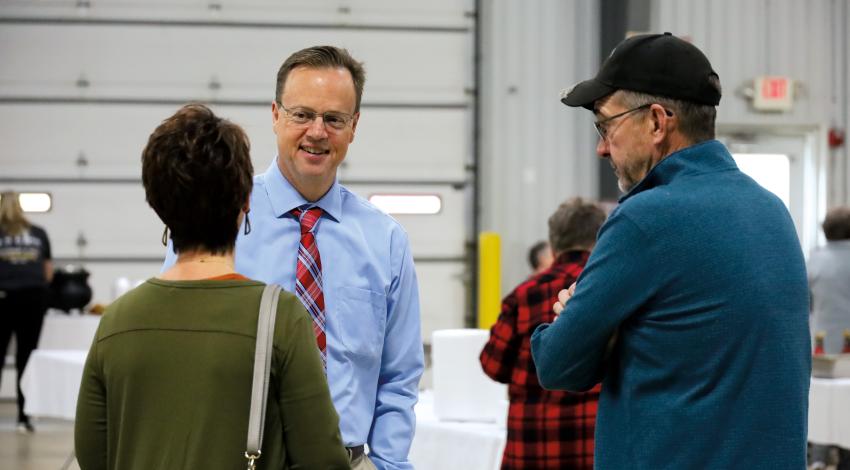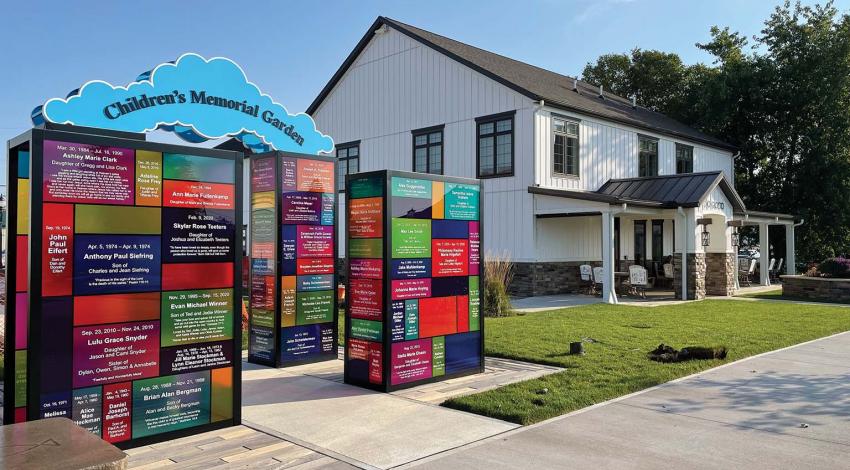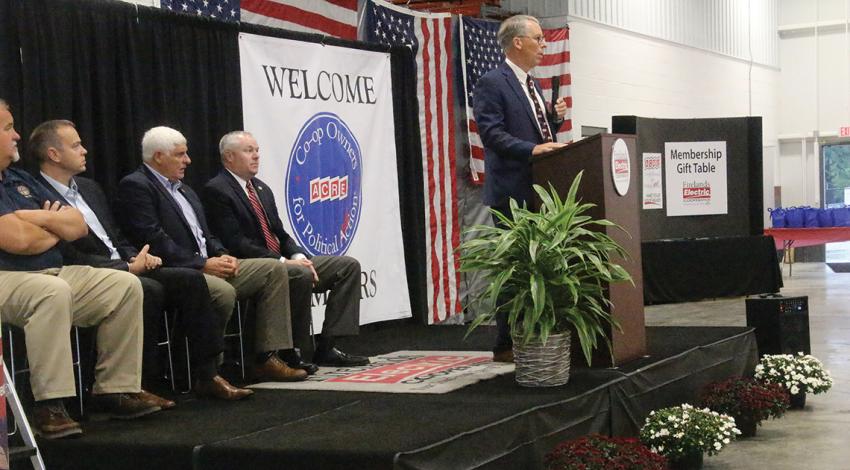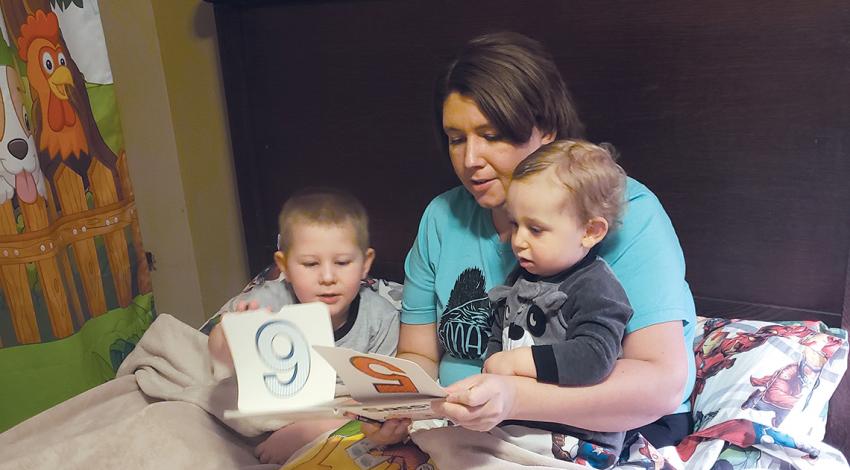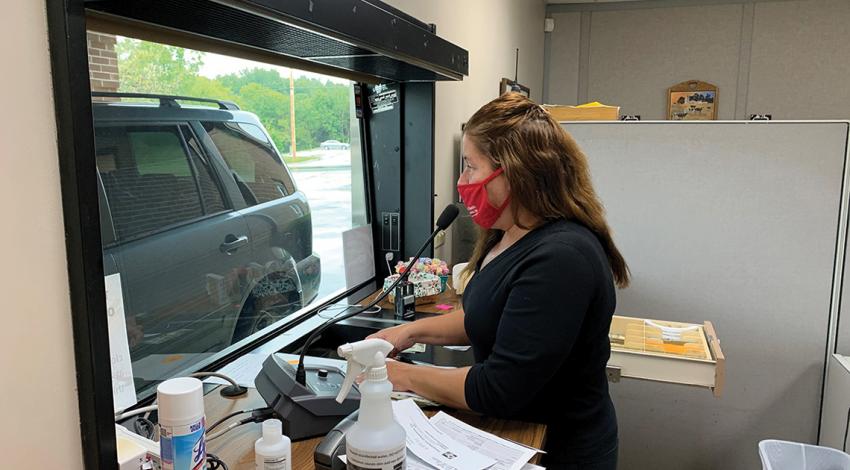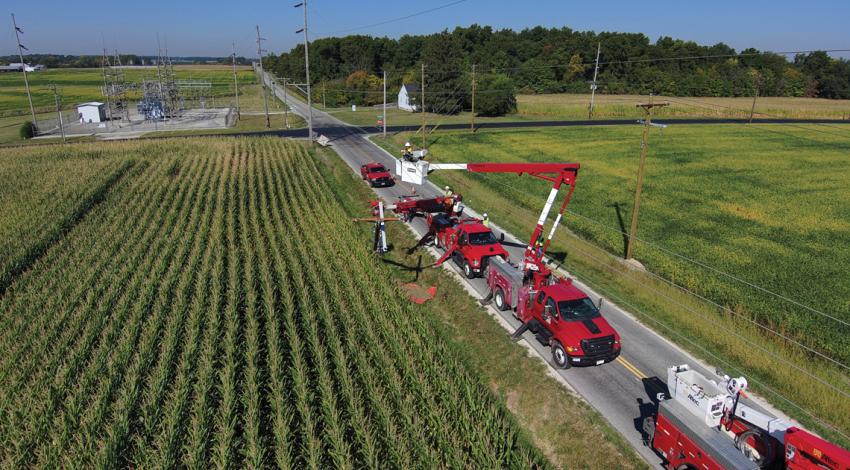When electric cooperatives in North Carolina and South Carolina put out the call for help after Hurricane Helene barreled through in late September, Ohio answered.
When the Ohio group reached the Carolinas, what they found was shocking. In the western parts of those two states, Helene had left a mutilated landscape in its wake. Roads, bridges, power systems — in some places, even entire villages — had been washed entirely off Appalachian hillsides and into flooded valleys. Damage was widespread, and it was devastating.
